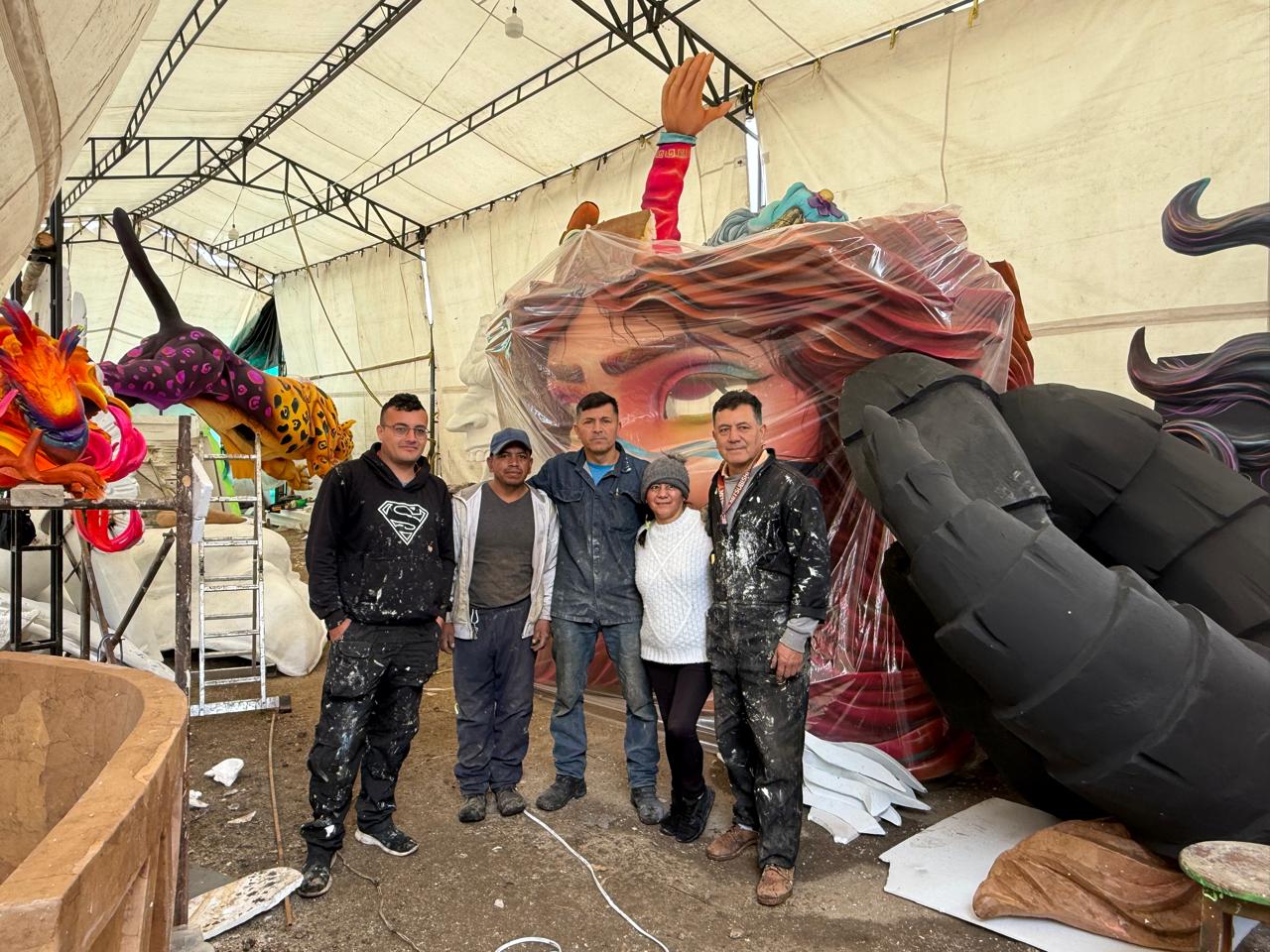
China's "black factories": Here begins the root of many hair extensions and hairpieces
A shipment of beauty accessories suspected to be made from the hair of people locked up in Chinese detention camps was seized again in New York on Wednesday.
From the road leading to Hetian Haolin Hair Accessories Co. in the western end of the Xinjiang region of China, a huge sign announces the arrival of the factory surrounded by barbed wire and surveillance cameras, and whose entrance is flanked by police. Across the street, the political slogans of the Communist Party can be read. "The country has the power," they say.
For the past few years, The Associated Press has tried to visit these and other Chinese factories in Xinjiang where people who had been arrested reported being taken to work in fenced and guarded compounds like Hetian Haolin. Many of these prisoners -- a million or more, the AP reported -- belonged to Turkish minorities who had been detained in recent years in the region and who are believed to be working as forced laborers sewing the sporting goods that will later be shipped to the United States.
But according to a new report from the AP and other agencies, it's not just about balls and sports equipment, but the hair of these people may also be used to make the extensions and wigs that are commonly used.
The news agency reported the seizure last Wednesday of a 13-ton shipment of beauty accessories by federal authorities in New York that are suspected of being made from the hair of these people locked up in internment camps.
"The production of these products is a very serious violation of human rights, and the arrest warrant is intended to send a clear and direct message to all entities seeking to do business with the United States that illegal and inhumane practices will not be tolerated in U.S. supply chains," said Brenda Smith, deputy executive commissioner of CBP's Office of Commerce.
RELATED CONTENT
This is not the first time U.S. Customs officials have stopped shipments of hair from China based on this very suspicion, and containers are often held at ports while the agency investigates irregularities.
This time, the shipment was made by Meixin Hair Product Co. of Lop County. But the arrest that took place in May was of a shipment from the Hetian Haolin Hair Accessories Co. although the agency certified that the hairpieces were synthetic and not human. Both companies are from the same region, Xinjiang.
Although the Chinese government has repeatedly denied the allegations and even said the U.S. should "take off its colored glasses" and be more objective, according to AP, ethnic minorities held in these camps and prisons are subjected to harsh discipline and violence to erase their religion and language, as is the case with Uighurs, who are mostly Muslim and have separatist tendencies because of their cultural difference.
Rushan Abbas, an American Uighur activist whose sister is a doctor and disappeared in China almost two years ago, believes she is being held in a detention camp.
For Abbas, women who wear hair extensions should think about who might be doing them.
"This is so heartbreaking for us," he said. "I want you to think about the slavery that people are experiencing today. My sister is sitting somewhere being forced to do what, hair extensions?"











LEAVE A COMMENT: